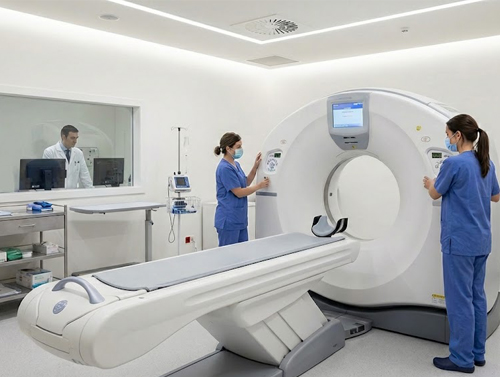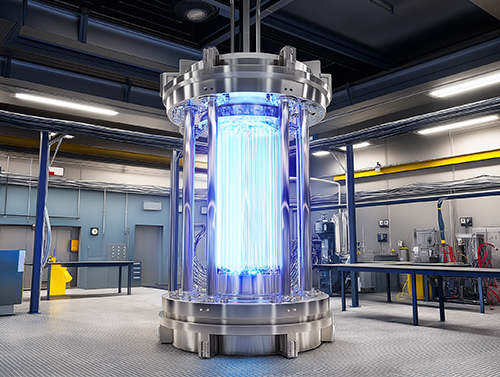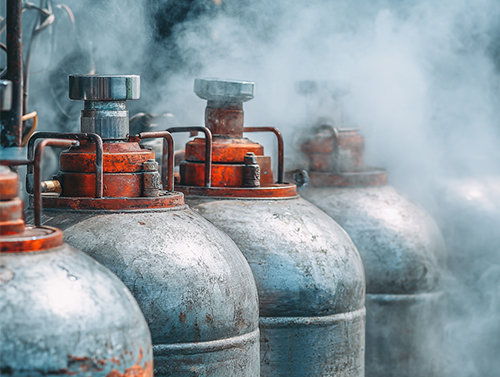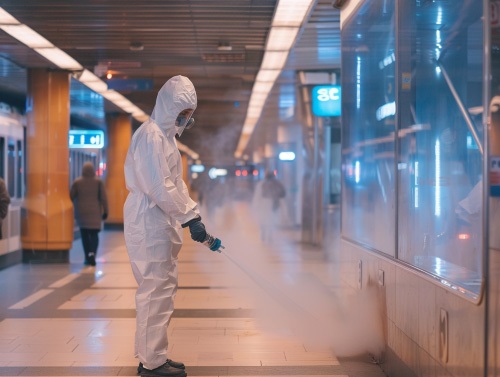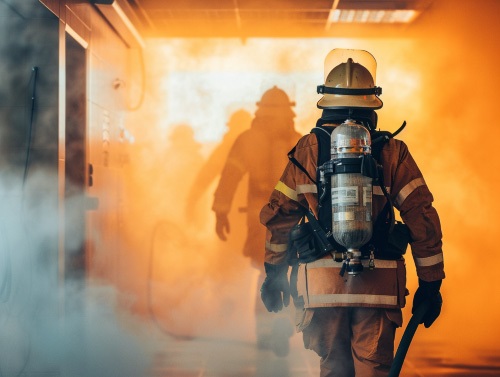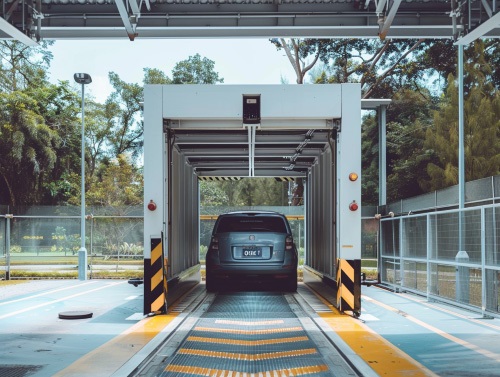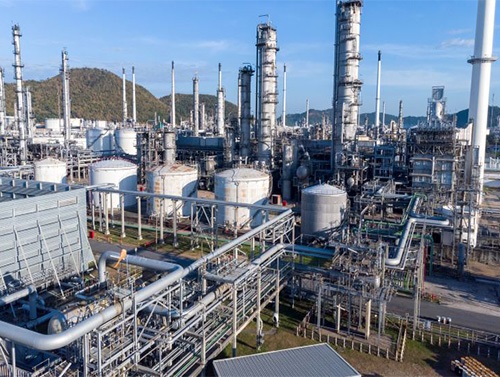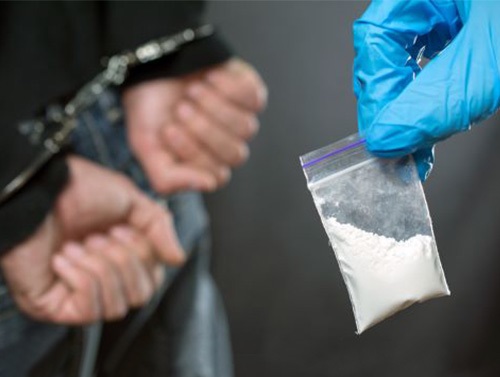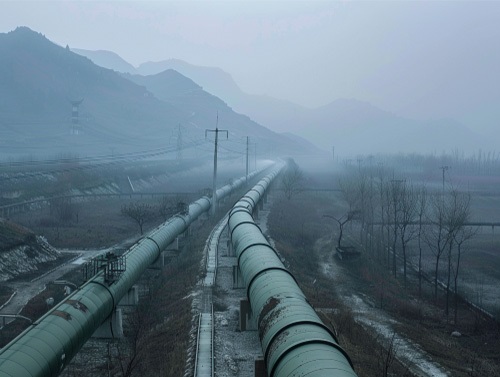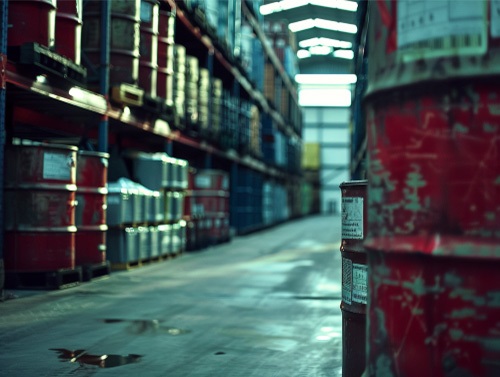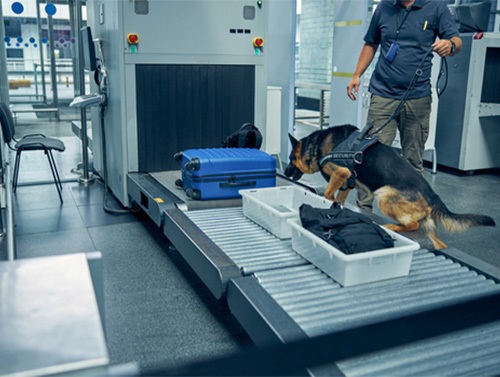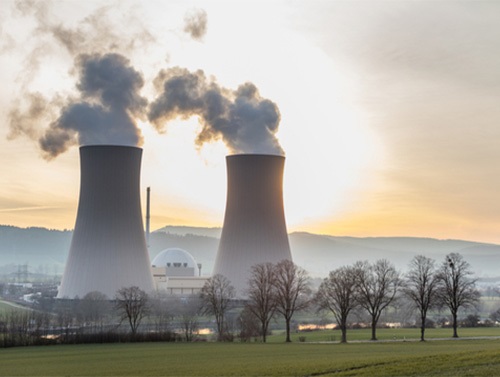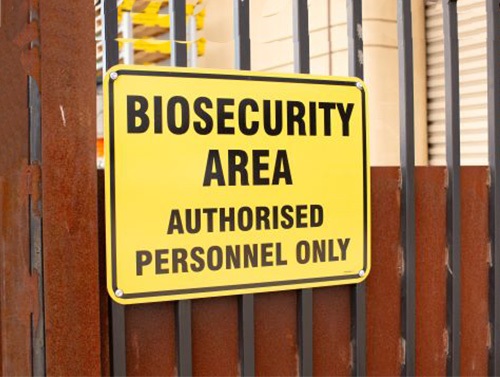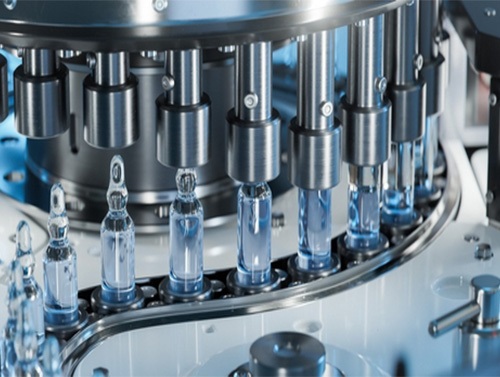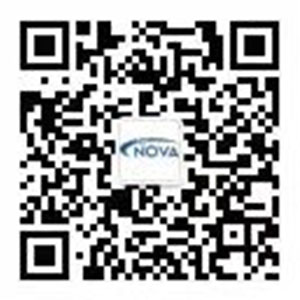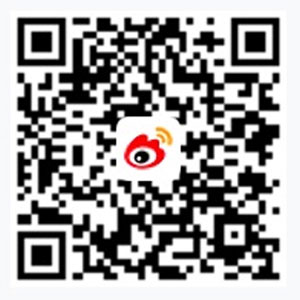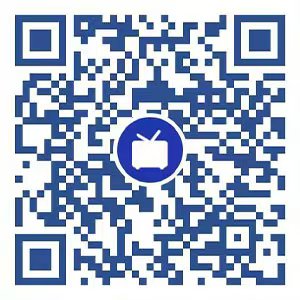Customs Prohibited Goods Inspection
Case Study: Customs Prohibited Items Detection
During a customs inspection in a certain country, the customs department utilized Raman spectrometers, gas sensors, and nuclear radiation detectors to conduct comprehensive inspections of inbound and outbound goods, mail, and travelers.
Customs officers initially scanned liquids, solids, and powders using Raman spectrometers to quickly identify chemical compositions and determine if there were any suspicious substances such as drugs, chemical weapons, or explosives. Raman technology can generate characteristic spectra through the interaction of lasers with samples, accurately determining the composition of samples.
Subsequently, customs officers used gas sensors to detect the gas composition in the air. The sensors can quickly identify potential toxic gases, flammable gases, or other hazardous gases such as carbon monoxide and methane. By monitoring the gas composition in real-time, customs officers can promptly detect potential security threats.
Finally, customs officers used nuclear radiation detectors to conduct radiation checks on goods. The equipment can detect potential radiation sources such as radioactive materials and nuclear materials, as well as radiation levels. By detecting and monitoring radiation levels, customs officers can promptly identify potential radiation risks and take necessary safety measures.
Importance:
Multilayered Detection: By using Raman, gas sensors, and nuclear radiation detection technologies, customs officers can conduct comprehensive inspections of goods from different perspectives and levels, thereby improving the comprehensiveness and accuracy of detection.
Timely Discovery: These advanced detection technologies can promptly identify potential prohibited items and security threats, helping prevent the influx of dangerous substances and maintain national security and border order.
Efficiency Improvement: By using automated detection equipment, customs officers can expedite inspection speed, enhance clearance efficiency, and reduce labor and time costs.
Information Sharing: Customs departments can share detection results and information with other countries and international organizations, strengthening border security cooperation and jointly addressing transnational crime and terrorism threats.
In summary, customs prohibited items detection systems using Raman, gas sensors, and nuclear radiation detection technologies play a crucial role in protecting national security and border order, helping prevent potential security threats and societal issues.






